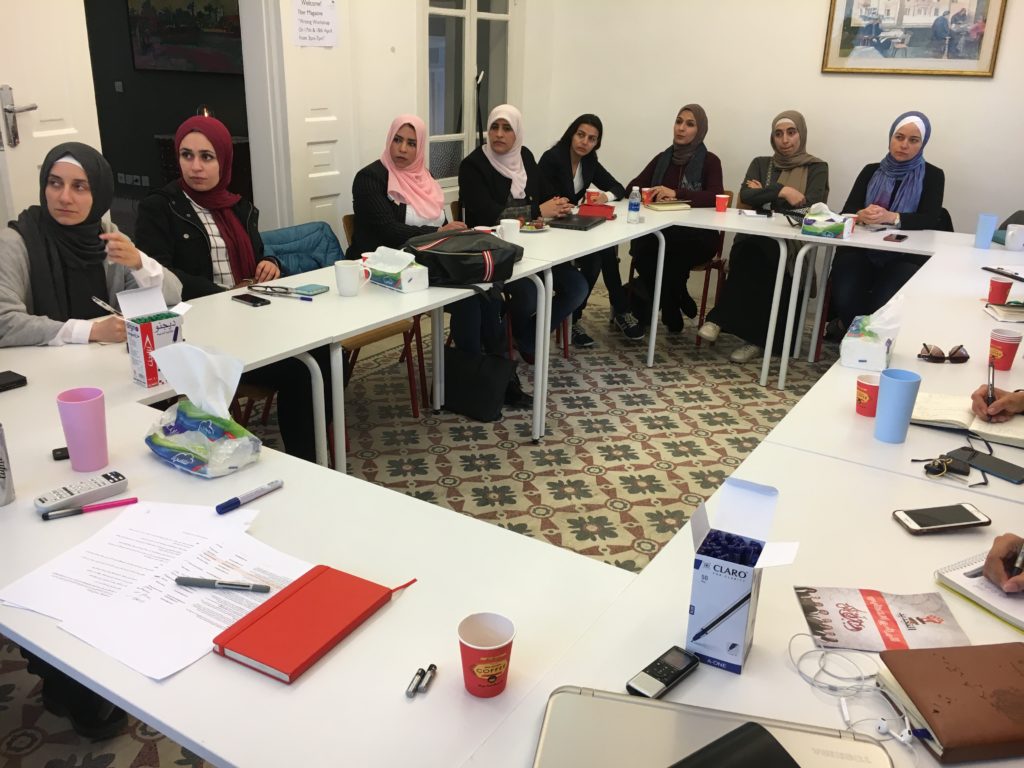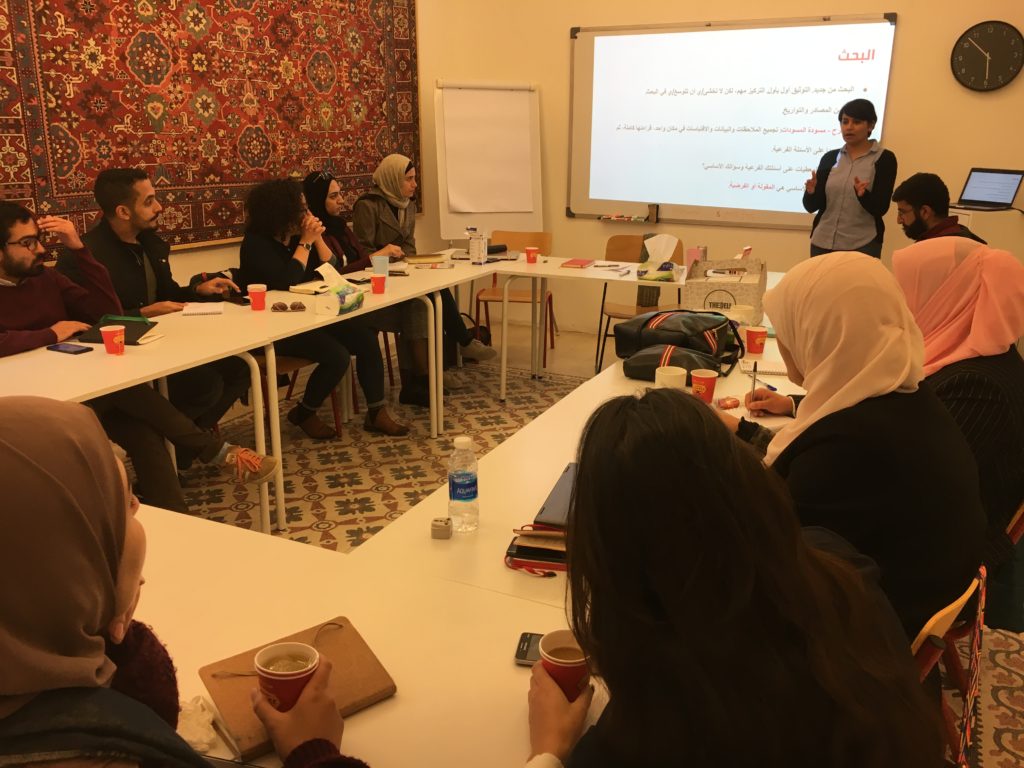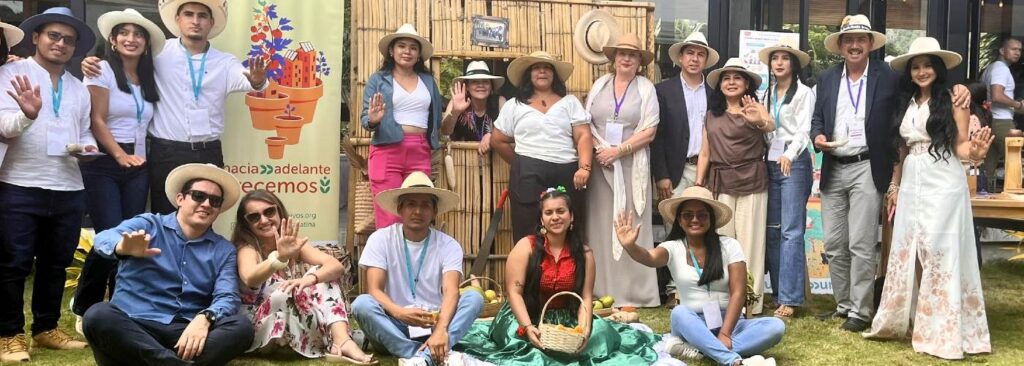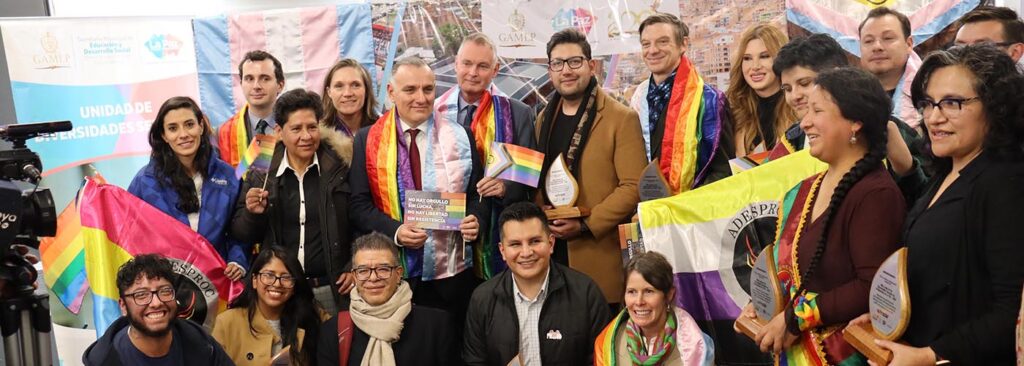id=”635″ id=”post-1940″ class=”wp-post-content-block ” itemscope itemtype=”http://schema.org/BlogPosting” itemprop=”blogPost”>

Creating Women Writers
By: Shara Jazzar
Writing is a powerful tool for spreading knowledge as well as new ideas. For that sake, and in order to create women leaders who impact political and societal development and opinions, 7ibr organized an Article Writing Workshop, in partnership with Hivos and the support of the Dutch MFA, with the aim of empowering females from Jordan from different backgrounds and specializations in order to enable them to write articles based on research on all sorts of topics.
Women voices still weak
Until today, women voices are not as heard as men’s. A simple look at statistics released in 2017 by the non-profit feminist organization VIDA Women in Literary Arts will reveal gender disparity in the literary magazine world. According to the 2017 VIDA Count, which analyzed the representation of women and gender minorities in 15 major print publications, “only 2 of those published 50% or more women writers”. Unsurprisingly, the results for 2016 were identical. These numbers demonstrate that men get more opportunities to be published and consequently share their ideas and ideals than women. In other terms, if things were to change for females, there is a definite need for them to become capable of reaching out to people through their writings. Moreover, women should have the opportunity to be published about everything – not only fashion, cosmetics, cooking or raising children – because they are educated, knowledgeable in all aspects of life and constitute half of society. They must in particular be given the space to write public opinion stories related to politics and economics.
Capacity building
For that sake and in order to respond to the needs of the participants and consolidate what they already know, 7ibr divided its workshop into two parts. The first one meant at teaching the fundamentals of writing an article – starting from research to common mistakes to avoid – because accurate and supported information as well as the correct use of language are what attract potential readers, and the second focused on enhancing the capacities of the participants in order to enable them to develop their chosen trainings, with the assistance of the trainers. Interestingly, the themes the trainees opted for were diverse and embraced politics, economics, environmental issues, protection and women. This demonstrates that female writers are willing to write articles about any topic, just like men. Moreover, they have interests in everything that surrounds them and must have a say in that regard if they are to make a change in society, because they might have a different opinion or perspective than males and it must be shared because it might be highly beneficial to everyone.
Impact of workshop
As to how this workshop impacted participants, it was clear that they learnt a lot in terms of improving their linguistic skills, properly dividing their text and clearly expressing what they want to say. More importantly, they became capable of relying on in-depth research to strengthen their content and make it more convincing. This is particularly significant in a world where speed rules and in which misleading information is frequently disseminated. The youth also found motivation to continue writing in the future. Heba, one of the participants commented that “women have proven to be committed and hard-working” and this is why there should be more female writers in our society, especially that, as Rawan, another participant, underlined “their perspective is different than men’s and they can shed the light on a number of different yet important issues from their own point of view,”. Same as their male counterparts, women choose to write “because they are interested in public affairs and want to take part in shaping the future,” Heba explains. Moreover, writing for Marwa is a way to “make the voices of marginalized groups heard.” The trainees agreed that women can write about any topic, just like men. Nonetheless, Heba stressed that “women participation in our society as a whole is limited and this is due to our culture which limits females’ activities and occupations.” Moreover, they are subjected to more criticism.
In that framework, one of the few male participants emphasized that “good writing is a reflection of its author, regardless of his/her gender.” He also pointed out that “women are already writing on different topics.” Nonetheless, “the number of female writers is less than that of male writers,” but he was unable to find an explanation for that.
To conclude, such initiatives – even when they only target a small group of women – contribute to a positive change in society because they empower females and arm them with proper tools that will allow them to consolidate their views with research, as well as further express their opinions and perceptions on different matters while being read by both men and women all over the globe. These new insights will create a space for debate and discussions among women themselves and with men. The outcome will allow the different constituents of society to have a better understanding of one another and share their knowledge in order to improve their community as a whole while ensuring that all ideas are respected. It may also lead to change on the legislative level such as amending laws that discriminate against women or other social groups and create a fairer society for everyone. The impact does not end just here; these female writers can also share the technical knowledge they have received through this workshop with their peers and, thus, contribute to the empowerment of other women as well. The result will be stronger female voices in politics and society who are armed with remarkable and effective communication skills to further enhance their reach.




